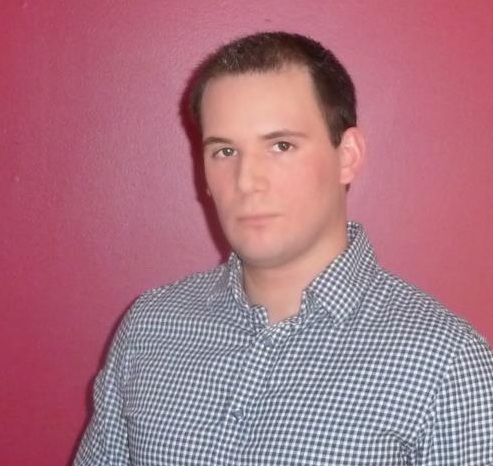Part of me thinks that all of the doom and gloom movies about the end of the world as we know it stemmed from the attempt to capitalize on the idea of the infamous Maya calendar. And while Y2Kers who missed their last opportunity at global cataclysm and disaster may be disappointed yet again, the rest of us who have just a mild love affair with a zombie apocalypse still have the next big doomsday prediction to look forward to.
But while the world resolutely refused to erupt in a ball of fire on December 21st, 2012, this year did bring about the end to a long established force, the GOP.
2010 ushered in its own kind of apocalypse when the Tea Party took center stage in American politics. What happened? Complacency of “we got our guy in” settled in, frustration over a poor economy contributed too, big money bought elections, and the media played its part by effectively scaring the public into the idea that only heavy-handed austerity measures could fix the economy.
But the elation of establishing our own God-fearing American Taliban, complete with mandatory gun ownership, annihilation of all taxes, and everyone signing their life over to corporate interests, quickly wore off. In fact, the inability of the Tea Party to convince the public that their ideas were any good indicates that their rise to power was as fleeting as a desert mirage.
So how did the Tea Party spell the end of the GOP? Take them as a symptom of a larger problem. Scholars agree that there is no single exact cause for the destruction of the Maya civilization. However, most agree that a combination of climate change, societal pressures, and political instability all played a role. Essentially, like most large empires, political in-fighting of the ruling class leads to the inevitable demise of the empire.
The Tea Party was never very popular with the establishment GOP. While they shared the same basic ideological principles, their strategies for accomplishing legislation were quite different. However, the GOP’s sickness was evident far before the Tea Party projectile vomited all over the political scene. 2012 was simply the diagnosis. 2012 was a referendum on the obstructionist politics that bogged down the economy and ground recovery to a halt over the last two years. 2012 was a reality check that demographic changes in the US population are going to drive elections in a very different direction in the future. 2012 was a year when the US began its social maturation into tolerance and equality by voting for equal marriage rights. 2012 was an endorsement by the public for the belief that those who have been greatly blessed should contribute more. 2012 brought us into alignment with other developed countries in respect to healthcare as a right.
But as the winds of change whipped into a frenzy around them, what did the GOP do? They battened down the hatches, doubled down on every single issue, and resolutely refused to evolve. But as much as they turned a tone-deaf ear to mass shootings and sensible gun control — yet again ignoring the public’s wishes — it is the political in-fighting that has rendered the GOP impotent. Even now with the media in a frenzy, hyperventilating over the “fiscal cliff,” House Speaker John Boehner couldn’t even get his own troops in line to vote for his “Plan B.”
The GOP has many internal issues, the Tea Party just one of many, but ultimately, the party is much the same as it was in 1980 when their ideological god, Ronald Reagan, was elected. The religious right was on the rise, ascending nearly as quickly as the USSR was descending, the white wealthy upper-class had a firm grip on political, economic, and social power in the US, and everyone was living in a utopia where greed was good. That is the world the GOP knows and loves. But that is also the world that officially imploded in 2012.
Just like the Maya belief that with the destruction of one world comes the creation of another, we have moved on. The GOP has not. For them, 2012 was the end of the world as they know it.
[box type=”bio]
 KIENAN MICK is a resident of the beautiful, lake filled Twin Cities. He has a degree in Economics from the University of Minnesota, and an MS in Applied Economics from the University of North Dakota. In his spare time, he enjoys amateur photography, nature hikes, and bird watching. His interests lie in “alternative” economic systems where the public, unions, and co-ops take a greater stake in our economy.
KIENAN MICK is a resident of the beautiful, lake filled Twin Cities. He has a degree in Economics from the University of Minnesota, and an MS in Applied Economics from the University of North Dakota. In his spare time, he enjoys amateur photography, nature hikes, and bird watching. His interests lie in “alternative” economic systems where the public, unions, and co-ops take a greater stake in our economy.
[/box]


